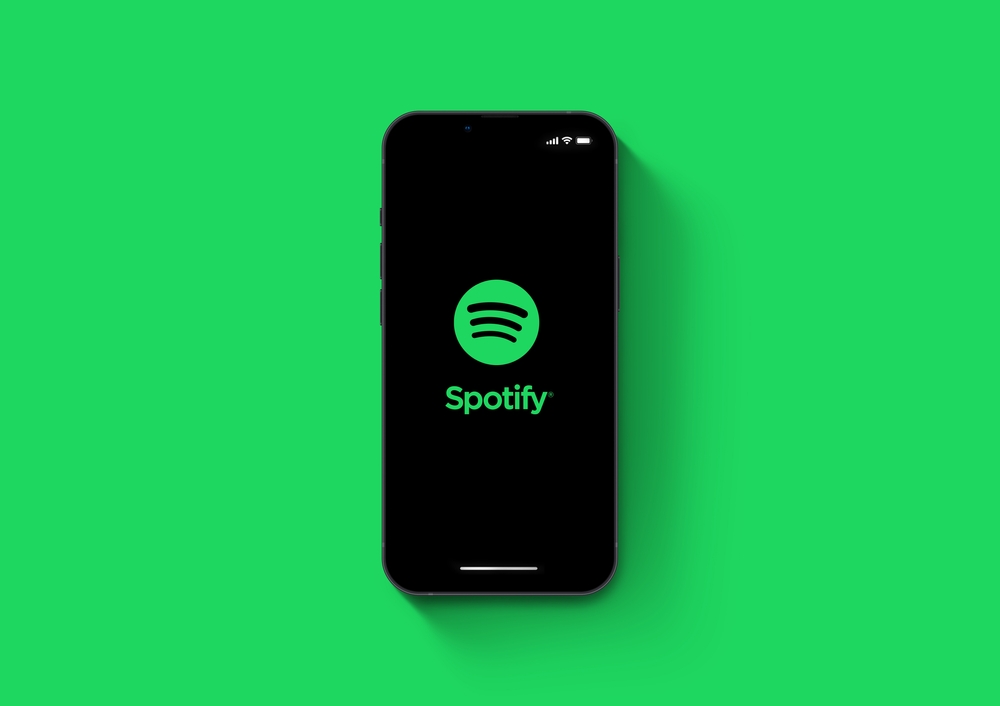In a rare public interview with BBC’s Zoe Kleinman, Spotify’s CEO, Daniel Ek, clarified that while the music streaming platform will continue hosting AI-generated content, it won’t support tracks impersonating real artists without consent.
Spotify removed a song earlier this year, “Heart on My Sleeve,” that featured the AI-generated voices of Drake and The Weeknd.
The producer, Ghostwriter, was rejected for a Grammy submission for not securing adequate permission from the artists impersonated in his AI-generated tracks.
Neither Drake nor The Weeknd had been informed about the track, but public reception was generally very positive.
The role of AI in music has grown into a fiery debate about who gets paid when artists are ‘ripped off’ by those willing to abuse the technology for their own commercial gain.
Speaking on this issue, Ek said AI has valid applications in music creation but emphasized the importance of not using the technology to mimic human artists without permission.
He went on to identify three distinct applications of the technology:
- AI tools, like auto-tune, which enhance music. These have been commonplace in music production for decades.
- Those that imitate real artists are not supported by Spotify.
- A complex category where AI-created music is evidently influenced by real artists but doesn’t impersonate them directly. Addressing this gray area, Ek mentioned, “It is going to be tricky.”
While Spotify doesn’t ban AI entirely, it prohibits using its content for training AI or machine learning (ML) models capable of producing music.
Ek’s message was pretty clear that producers like Ghostwriter wouldn’t be able to monetize on Spotify.
AI-driven features for Spotify
In addition to Spotify DJ, an AI DJ feature unveiled earlier this year, Spotify is now adding AI-drive dubbing features for its podcasts.
The new feature, powered by OpenAI, a company backed by Microsoft, promises translations that aren’t just literal. Instead, these AI-driven translations intend to capture the original speaker’s unique style, resulting in a more genuine, human-like dubbing, as stated by Spotify.
Among the first wave of podcasts set to benefit from this technology are “Armchair Expert” by actor Dax Shepard, “Diary Of A CEO” by Dragons’ Den businessman Steven Bartlett, and “The Bill Simmons Podcast” by sportswriter Bill Simmons.
This is part of a broader monetization strategy from Spotify. Earlier in the year, the company decided to elevate the pricing for its ad-free premium service across over 50 nations, including major markets like the US, UK, and Ireland.





